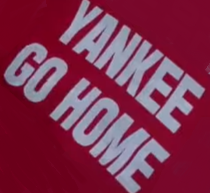

Man I hate this dude
The history of the Middle East since 1948 shows Israel constantly striving for peace, only to be rebuffed time and again by the Arabs.
– Antony J. Blinken, “Lebanon and the Facts”, 1982
Israel is not, has never been, nor will ever be the irreproachable, perfectly moral state some of its supporters would like to see. Israelis are, after all, only human. Still, one pedestal the Jewish state can stand on–and stand on alone in the Middle East–is that of a democracy. Yes, there are tragic excesses in the occupied territories. True, the invasion of Lebanon claimed many innocent lives. The fact remains, though, that Israelis question themselves and their government openly and honestly. Eventually, as in other democracies, those responsible for wrongdoing are held accountable.
– Antony J. Blinken, “Israel’s Saving Grace”, 1982
The summer of 1982 may be remembered in history as the time Israel passed from adolescence to adulthood. The illusions of a child are left behind. But the Jewish state remains special, an oasis in a desert. Its citizens have built a working democracy from scratch in a region that has no others. Israelis must treasure that democracy, protect it with all their will. For if they don’t, the growing pains that are Lebanon, Shatila and Sabra, the repression of Arabs and the feud between Ashkenazim and Sephardim could turn into a plague.
– Antony J. Blinken, “The Danger Within”, 1983
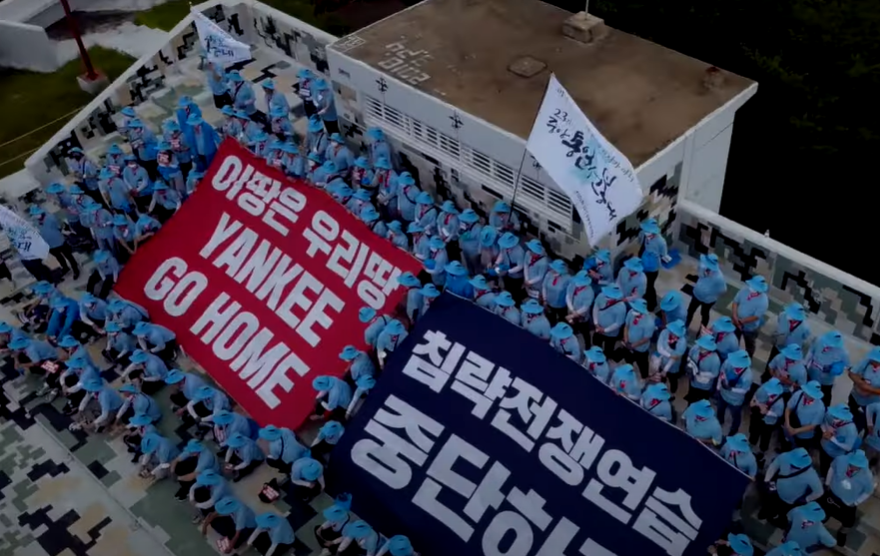

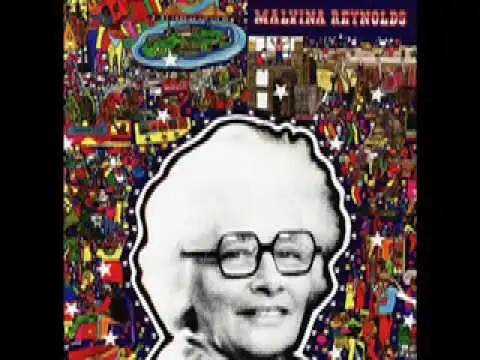



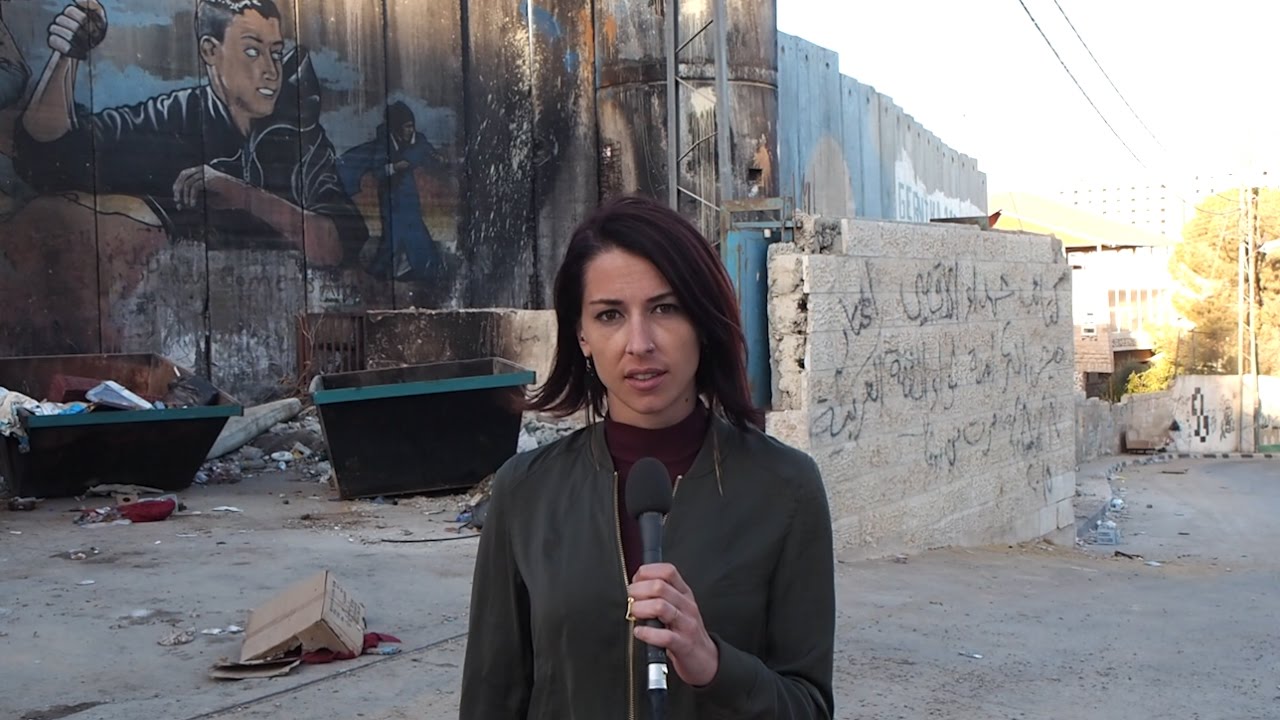
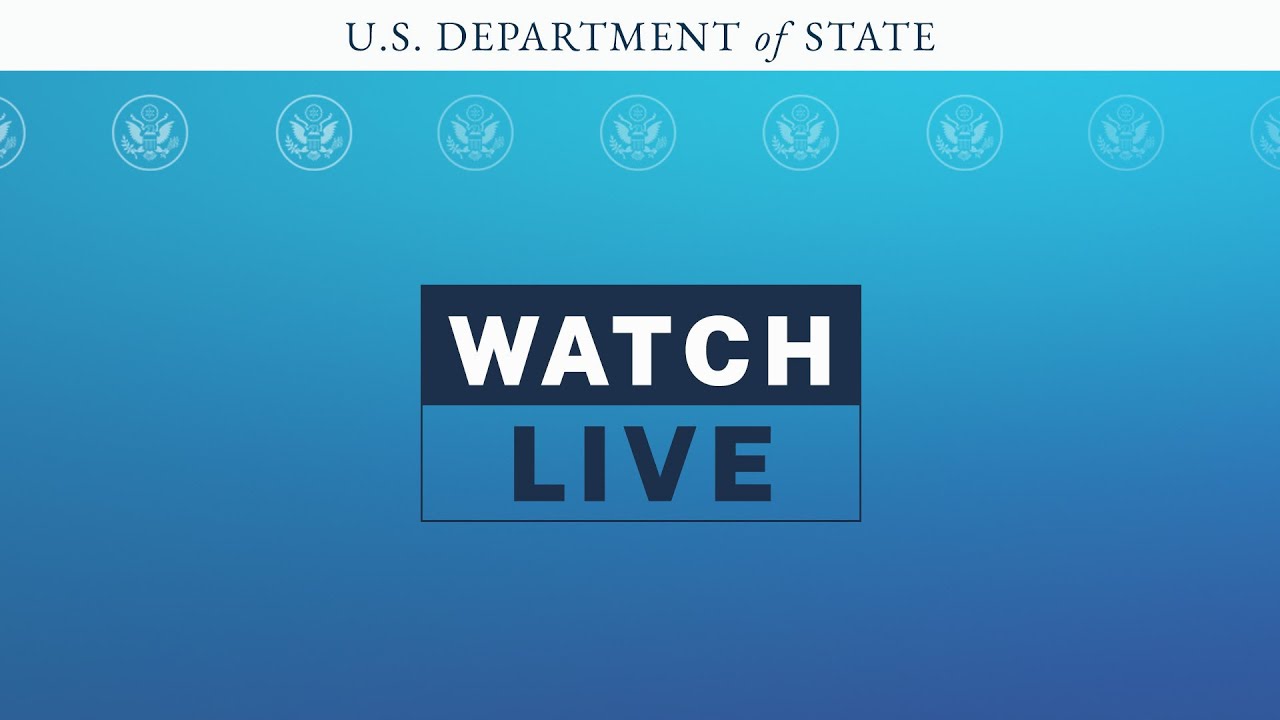
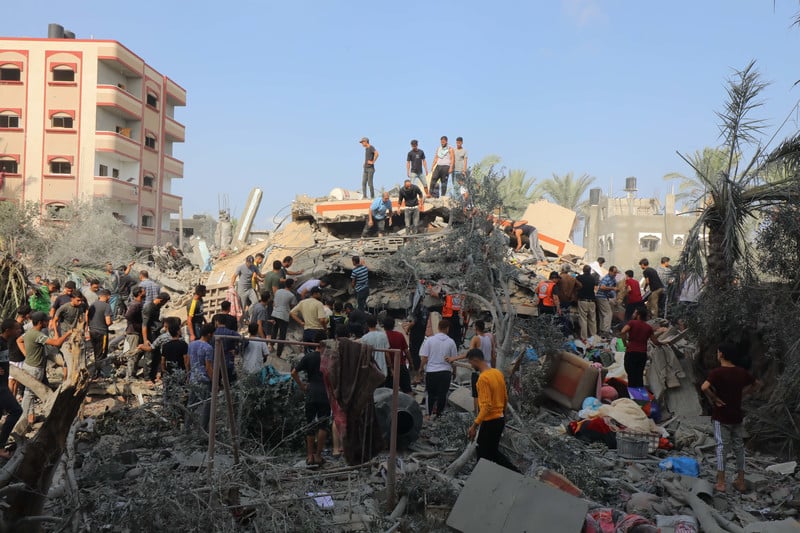

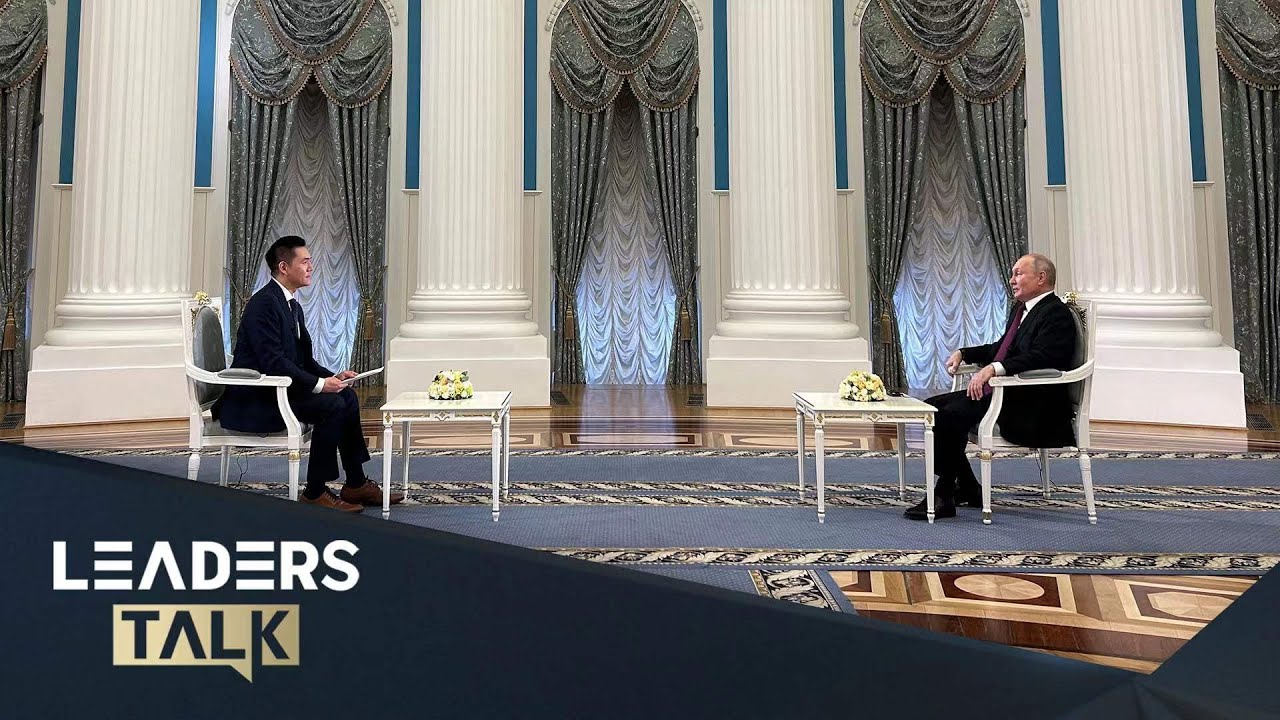








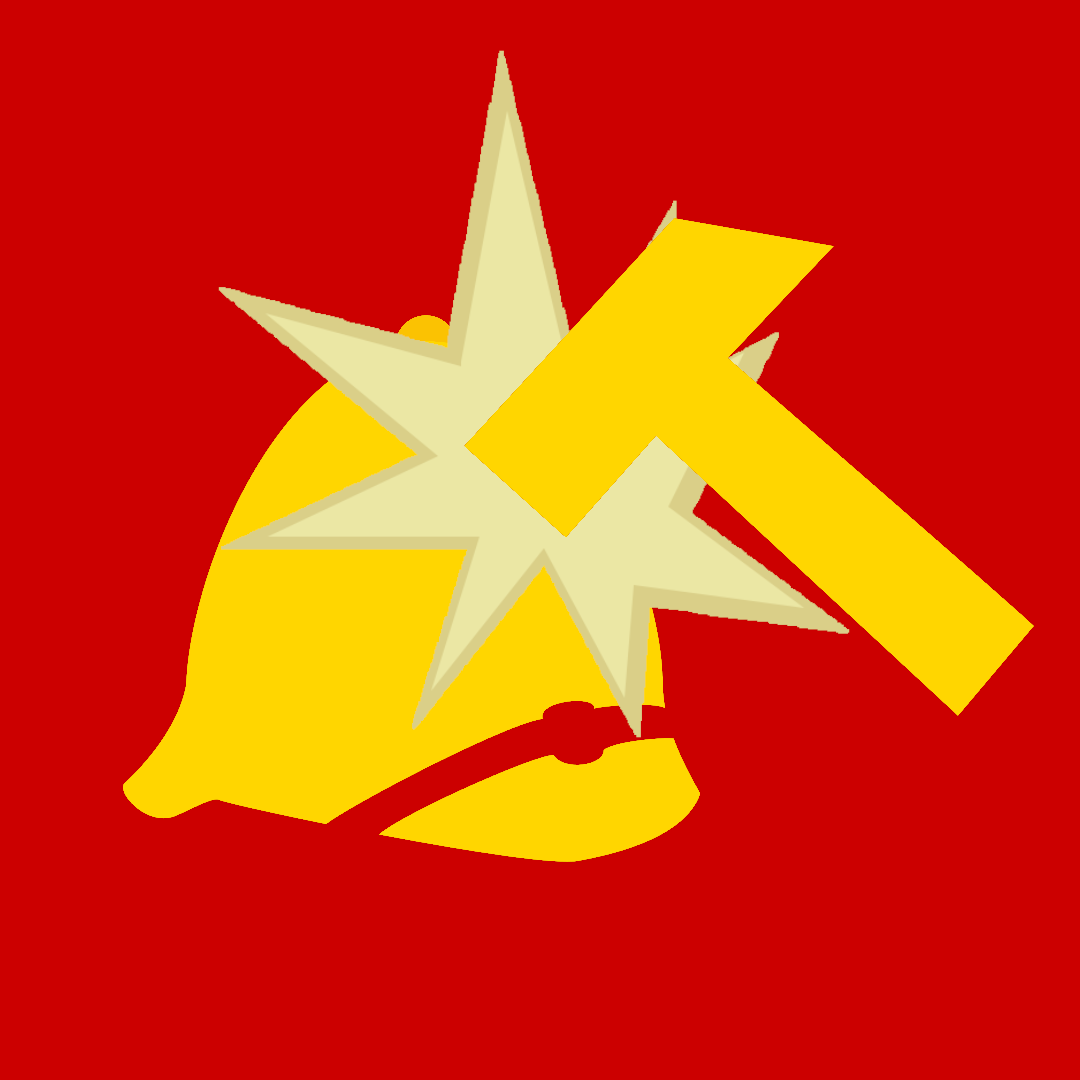


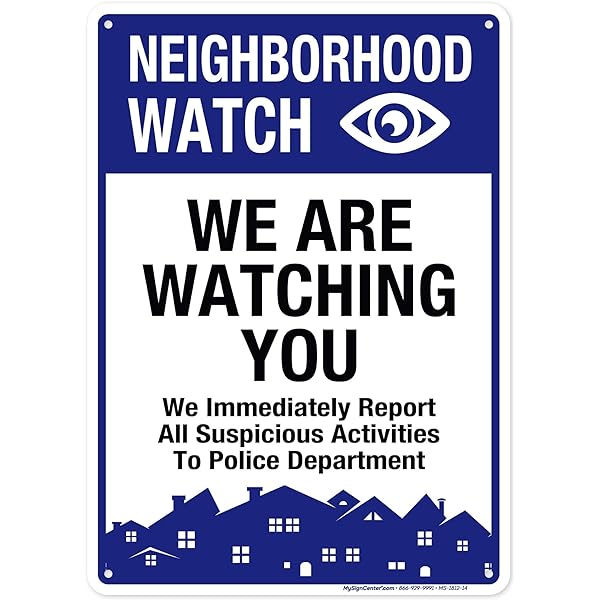
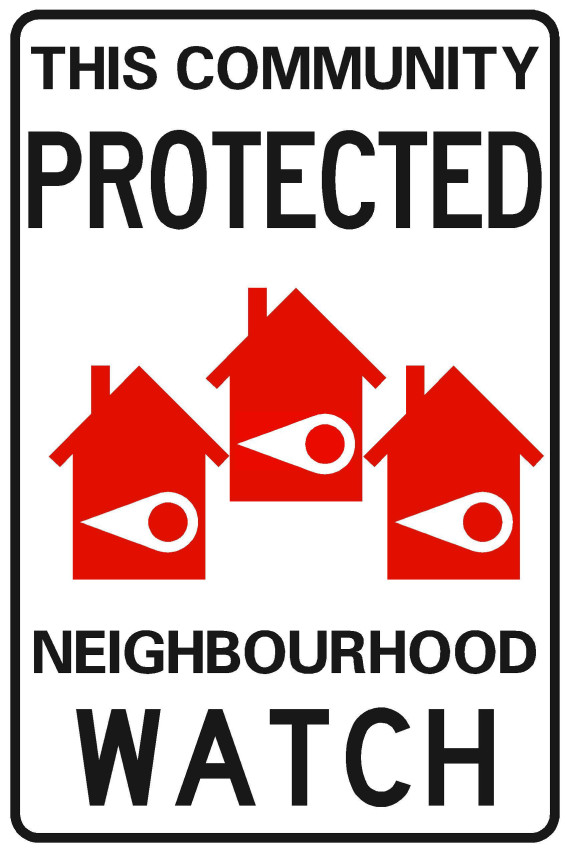
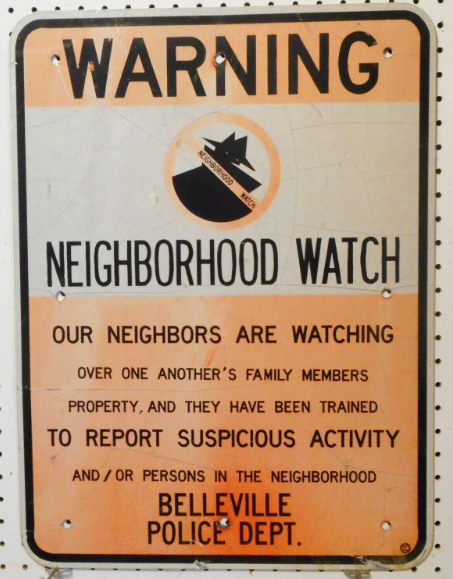

My Life and Faith by Ri In Mo.
It’s the memoirs of a guy who grew up in rural poverty in Korea under Japanese colonization, and from a young age was involved in resistance movements, starting communist/anti-imperialist reading groups as a child, etc., and wanted and tried to join the guerrillas. After Korea’s liberation from Japan, he lived in DPRK’s early days until 1950 when the war escalated and he went to south Korea as a war correspondant. During his activities following this, he was captured and spent almost 40 years imprisoned in south Korea, being tortured along with other political prisoners in an attempt to get them to renounce communism. Finally in 1988, he was released, and then eventually repatriated to north Korea, where he wrote this memoir of his experiences.
I am only part way through this one, but so far I have found it a very interesting first person account of the liberation struggle against Japan and the early days of DPRK’s development in the post-liberation period prior to 1950, and the mentality of someone who grew up trying to find a way to end colonization by Japan since his childhood, and saw the resistance develop and participated in it, and saw the various reforms/developments being made under DPRK. I recommend it for anyone curious about Korean history or in reading the first person experiences of someone fighting colonial rule (at least from what I have read in it so far).
Also, coincidentally I just recently added a book by Gerald Horne to my reading list, but I have a few other things to get through first. He also has been interviewed several times on this channel though I have only seen one of the interviews and don’t know much about the channel.